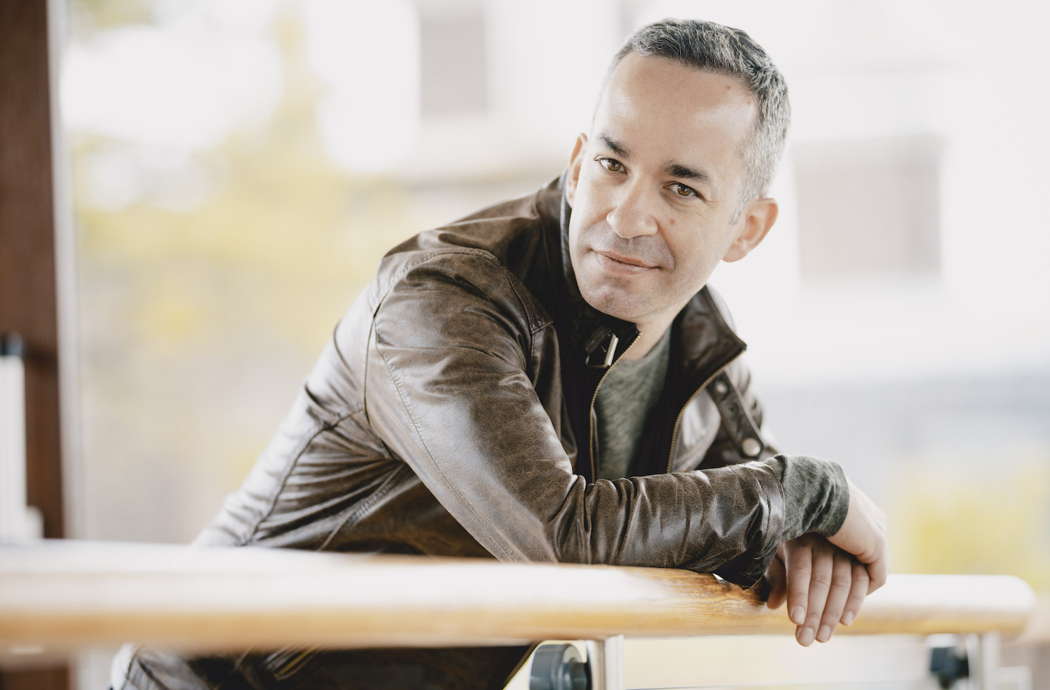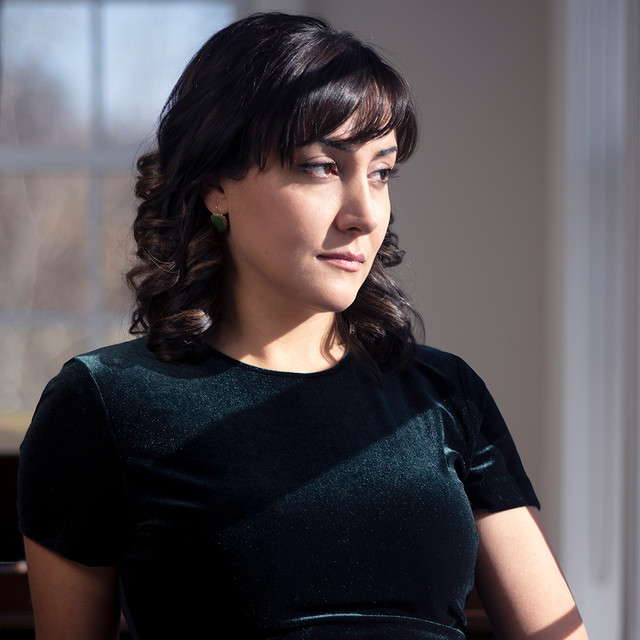 FEEDBACK: She said WHAT? Read what people think about our Classical Music Daily features, and have your say!
FEEDBACK: She said WHAT? Read what people think about our Classical Music Daily features, and have your say!
 DISCUSSION: What is a work? John Dante Prevedini leads a discussion about The performing artist as co-creator, including contributions from Halida Dinova, Yekaterina Lebedeva, Béla Hartmann, David Arditti and Stephen Francis Vasta.
DISCUSSION: What is a work? John Dante Prevedini leads a discussion about The performing artist as co-creator, including contributions from Halida Dinova, Yekaterina Lebedeva, Béla Hartmann, David Arditti and Stephen Francis Vasta.
- Samuel Adams
- Robert Harbinson Bryans
- Peter Cropper
- Denis ApIvor
- Johannes Brahms
- Belshazzar
- Venezuela Symphony Orchestra
- Cleo Lane
Undeniable Brilliance and Thrills
RON BIERMAN listens to Brahms, Dvořák and Gity Razaz
Rafael Payare continues to impress. The most recent program in the San Diego Symphony's Rady Shell season saw him at the helm for the Brahms second piano concerto, Dvořák's seventh symphony and the world premiere of Gity Razaz's Methuselah (In Chains of Time).
The concerto is a challenging catalog of virtuosity and emotional moods from the brief, warmly romantic opening theme for French horn to a finale of surprisingly dance-like, almost Mozartean charm. Pianist Inon Barnatan and Payare didn't compromise despite the work's exhausting length. Tempos were excitingly brisk in even the most difficult passages of runs and mixed rhythms, Barnatan's intensely passionate concentration evident in the diligent camera work displayed on four large screens.

Inon Barnatan. Photo © 2019 Marco Borggreve
The orchestra was an ardent supporter, the conductor bringing his own passion to the concerto's frequent symphony-like moments, orchestra soloists effective in the spotlight clarity of the Shell's sound system. The third movement's melodic beauty was especially satisfying thanks to the warmth of principal cello Yao Zhoa's extended solos and well-balanced duets with Barnatan.
A sometimes playful, ultimately powerful final movement brought the audience to its feet in appropriately strong approval of soloist and orchestra.
The first half of the concert concluded with Razaz's Methuselah, her reaction to seeing a photo of a lonely bristlecone pine tree growing in California's White Mountains. At the age of 4,854, it has outlived its Old Testament eponym by nearly four millennia. Paradoxically, given its inspiration, the piece comes in it at under ten minutes. But few pieces manage its variety of orchestral color at any length. Though largely tonal, its melodic fragments are far removed from the long lines of Brahms. Instead the emphasis is on textures, changing dynamics and unusually frequent and diverse percussive accents from bass drum to glittering highs.

Gity Razaz
I must confess, despite my admiration for the undeniable brilliance and thrills of new textures and unusually clever combinations of sound, I may never come to believe that such different composers as Mozart and Prokofiev were wrong when they said melody is the most important element of music. Its deemphasis is the main reason the market for classical music has fallen precipitously for more than half a century.
Not a problem for Dvořák who has few peers when it comes to melodic genius. The seventh symphony is one of the finest examples, a refreshing alternative to the better known 'New World'. Payare built skillfully from an ominous beginning in the horns to an exciting climax for full orchestra before the strings caressed the lilting second theme while woodwinds provided cheerful bird-like accents. Trading places, winds introduce the gentle second movement before strings appear. In the outdoor setting, the Rady sound system again proved its excellence with the clarity of Payare's balances between sections.
The third movement is a delightful, swaying tribute to the rhythms of Dvořák's Slavic background. The finale returns to the mood of the first, soon becoming a showcase for exciting brass and swirling strings. Payare again displayed his skill at building tension released in triumphant climaxes, topped by the last of them to send the audience home on a music-induced high.
Copyright © 26 May 2023
Ron Bierman,
San Diego, USA



